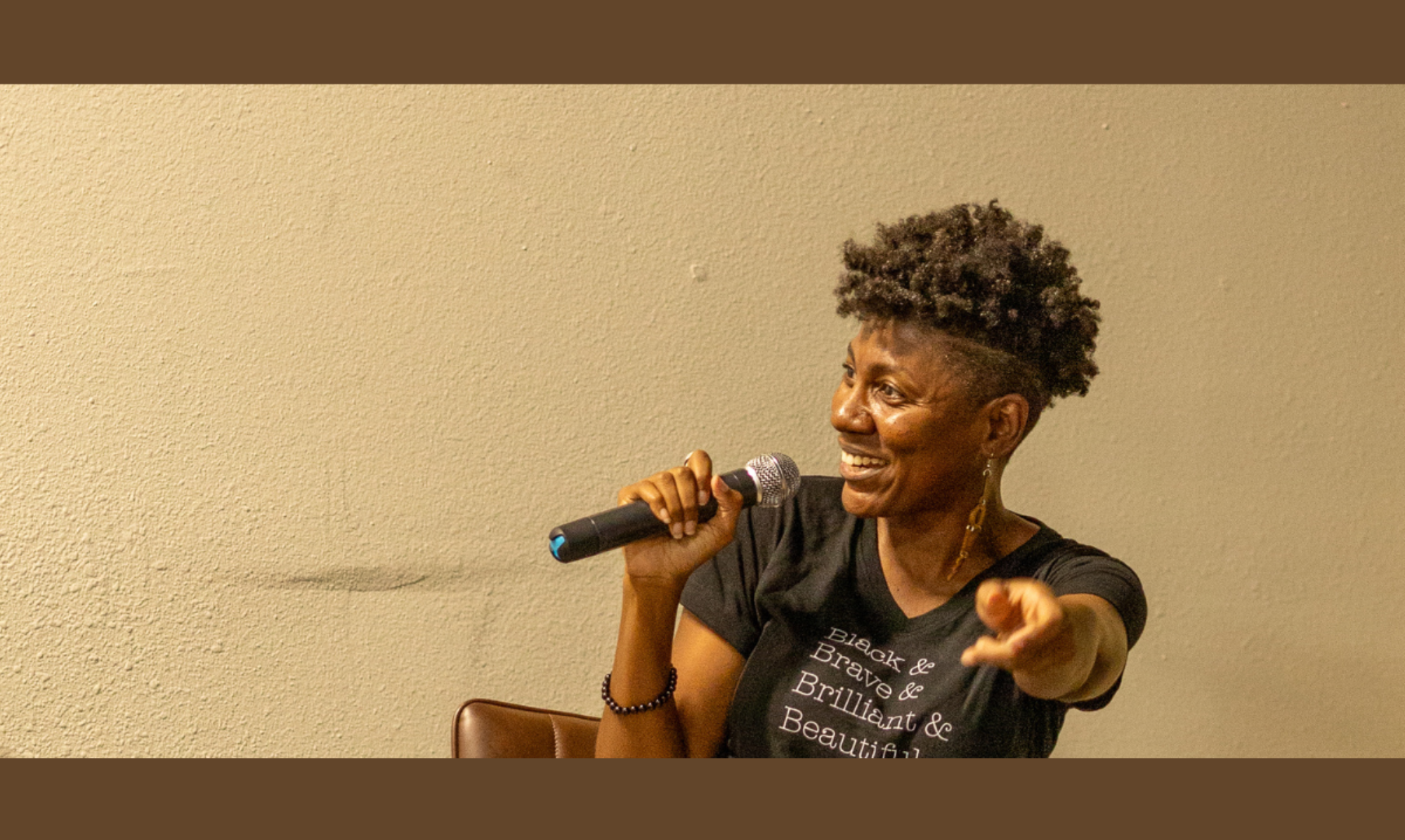In our efforts to combat colorism, there’s pushback from people who flat out deny that colorism is real. They claim that colorism doesn’t exist, that it’s just a make-believe issue, just jealousy, just a coincidence, etc. So just who are these people that would make such an outrageous claim?
Who says colorism doesn’t exist?
Scholars too blinded by “the research” to see what’s really happening
I witnessed this kind of denial when Soledad O’Brien’s Who is Black in America? aired on CNN. A couple of prominent black American scholars pointed to the lack of historical evidence to prove that things like the paper bag test ever existed, and so they totally berated the entire discussion of colorism.
Although there’s lots of evidence to suggest that these practices did indeed go on, it doesn’t matter. As I tweeted to one of these infuriated scholars: How can you listen to and watch young children express such disdain for dark skin, many of whom are dark, and not acknowledge the problem? How can you listen to and watch children express that light skin is more worthy simply because it’s close to white, and not acknowledge that there’s a problem?
Attention All Scholars: No matter the historical research, there’s plenty of empirical evidence that proves colorism is a contemporary problem around the globe.
People who think their experience is universal or have to “see it to believe it”
A few years back when I first ventured into open conversation about colorism, a dark skinned girl I knew in high school got ticked off with me. She cited her own experience as a dark skinned woman as the reason she doesn’t believe colorism exists. According to her, she’d never been treated differently, and people like me are simply looking for something to be angry about.
People make the same arguments for why racism in general is made up. They say, “Well I’ve never been discriminated against” or “I’ve never witnessed discrimination” as proof that it isn’t real.
Well, I can think of all sorts of bad things I’ve never experienced or witnessed (kidnapping, for example), yet I’d be pretty misguided to assume that those things are made up.
Those who refuse to own up to their complicity or give up their privilege
I never realized it until I was talking with someone who was conducting research on colorism for her doctorate. After telling her about the people who get angry when we talk about colorism, or who flat out deny it exists, she explained that those people usually benefit in some way from the existence of colorism, and so they block any conversations about it to maintain the status quo. It is probably often a subconscious thing, but it makes sense because most humans do this when we feel like our relative power is being threatened. And the people who directly or indirectly benefit aren’t always who you’d first suspect.
Dark skinned people who don’t want to be cast as the victim
Again, this is a similar form of denial that people express about racism in general. They see any talk of colorism as an “excuse” that holds people back. They put all the burden on the individual to “just get over it,” and they refuse to acknowledge the role of any structural, institutional, or social factors. Usually these types have achieved some level of relative success and think that if they’ve “made it” then it must be the individuals who are defective and not the society.
Folks who lack the courage to be honest
We may be brave in one aspect and cowardly in another. We all have a seed of cowardice and a seed of courage within us, and it’s up to us which one we nurture.
There are many people who are actually afraid to talk about race and colorism. It makes people uncomfortable and even angry, and the people-pleasers don’t want to upset anyone or lose any friends.
Regardless of what they really feel and think on an instinctual level, they’ll act like everything’s fine. They simply want to fit in, and that means not having controversial opinions.
What should we say to them?
Nothing.
That’s right. I wrote this entire post just to say that we should say nothing to those people who are willfully ignorant. We should be spending our energy where it counts: helping each other heal and stopping colorism from being passed on to future generations.
We should say nothing to them because actions speak louder than words. We say all that we need to say by continuing our conversations on colorism in very public and global forums. They throw verbal fire at us to get us to shut up, so by not shutting up, by continuing to speak on the things that upset them, we’re essentially saying: Colorism does exist, and despite your attacks, the anti-colorism movement presses forward.

